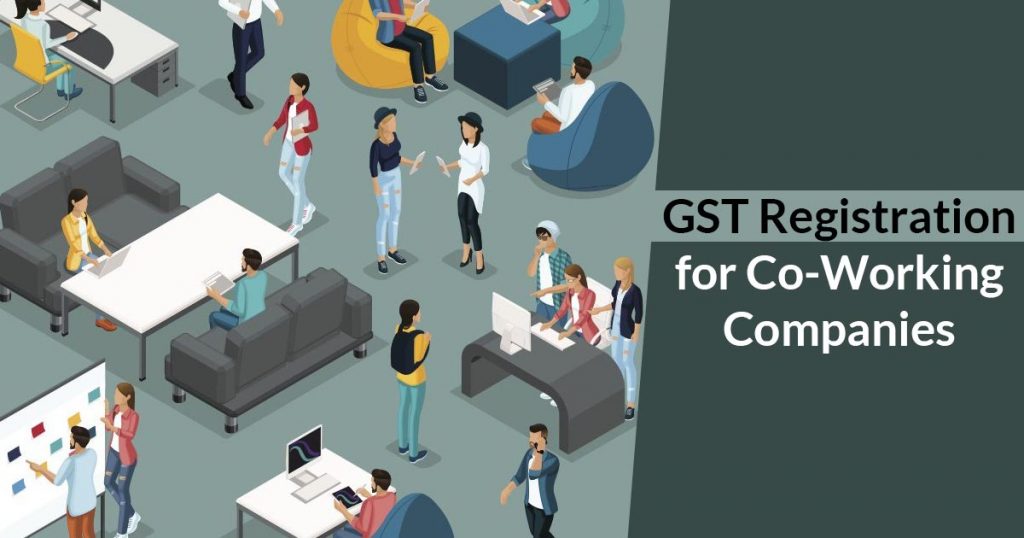
In a recent ruling, the Authority for Advance Rulings (AAR-GST), Kerala, has announced that a GST registration can not be denied by those who are working from shared office spaces. However, the shared working spaces in which they are working should be demarcated with a different desk number.
This particular response has been given by AAR-GST, Kerala against one of the applications filed by a company in Kochi that was offering coworking spaces to other companies.
In the past, there were instances where startups working in coworking spaces have denied GST registration while running their business operations from a coworking space. The primary reason behind such denial by startups was that another company working alongside them at coworking space has already done GST registration before them with the same address.
In response to this AAR, Kerala Ruling, one of the indirect tax experts said, “The advance generally lay down the correct principles. This ruling will be most helpful if followed consistently by all officials across India.” Although, he also said that such advanced rulings applicability is mostly limited to the applicant and tax officer related to that particular case. Still, whatever the case may be, such rulings will strengthen the GST registration case against those operating from coworking spaces.
In India, startups prefer to operate from coworking spaces initially to cut down their operating costs and get advanced facilities like air-conditioning, high-speed internet, housekeeping services, pantry with drinking water, etc. already present at those spaces.
Read Also: Top Benefits of GST for Startups & Small Businesses in India
For instance, a freelance graphic designer residing in Delhi would love to work in a coworking space in India as he/she would not want his/her residential property/address to become public, be it in the invoice or otherwise, under various GST norms.
In the AAR ruling case, the applicant-Spacelance Office Solutions was offering sub-leased coworking spaces to its clients with required infrastructure facilities. A distinct, identifiable working space, such as table & chairs, was offered to its clients. Clients of the applicant were engaged in the services sector, and financial records were held by them in electronic form.
Hence, the company-Spacelance Office Solutions has sought an advanced ruling to check whether GST registration can be done for multiple service sector firms operating from the same address, given that they follow all GST rules related to the principal place of business. In response to this, the AAR, Kerala said that while applying for GST registration, the startups should provide mandatory documents like sub-lease or rental agreements as address proof for their principal place of business (along with respective desk number if operating in a coworking space). The companies should also provide documents like monthly utility bills for electricity or water facilities. The GST number given to each coworking space must be displayed at a prominent location.
One of the real estate experts, in response to this AAR ruling, said, “Some coworking spaces offer flexible-seating. They will have to change their model to ensure that a dedicated desk or space is available to each client,”
